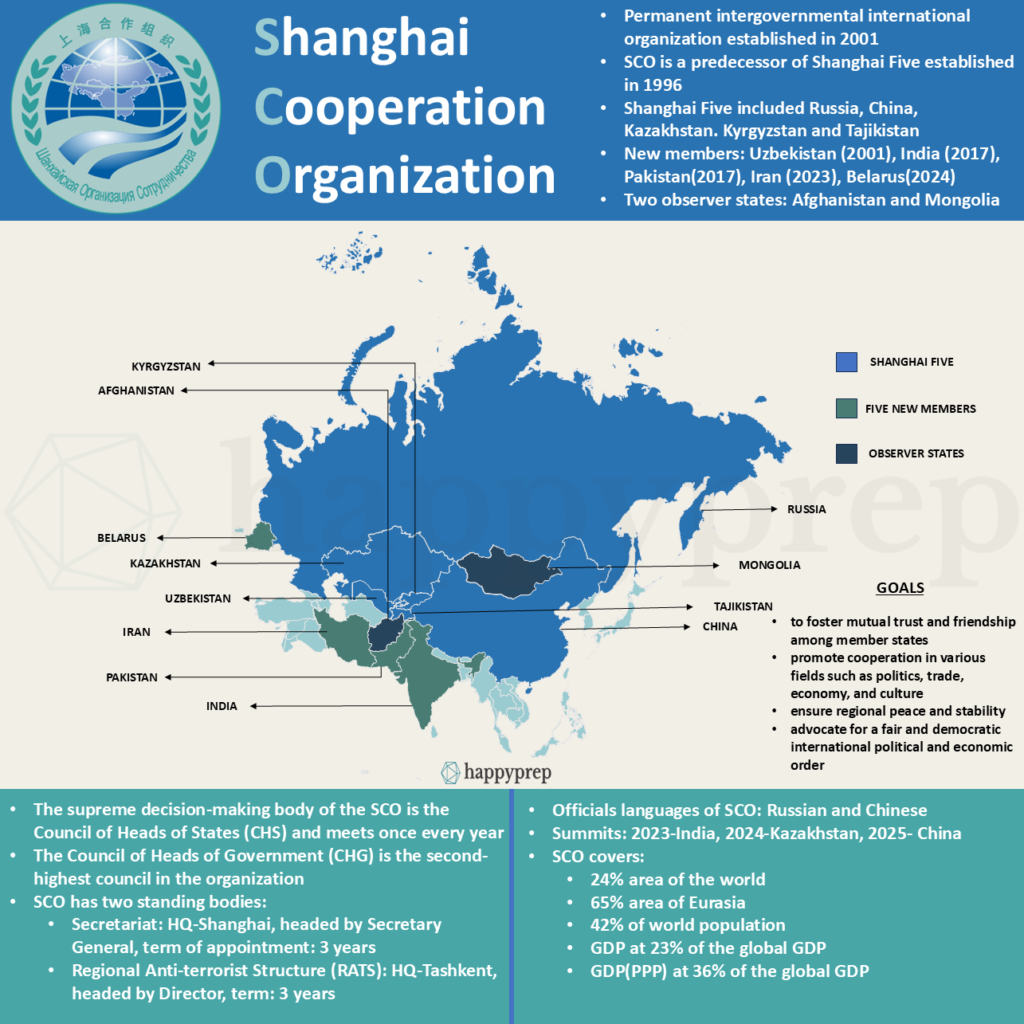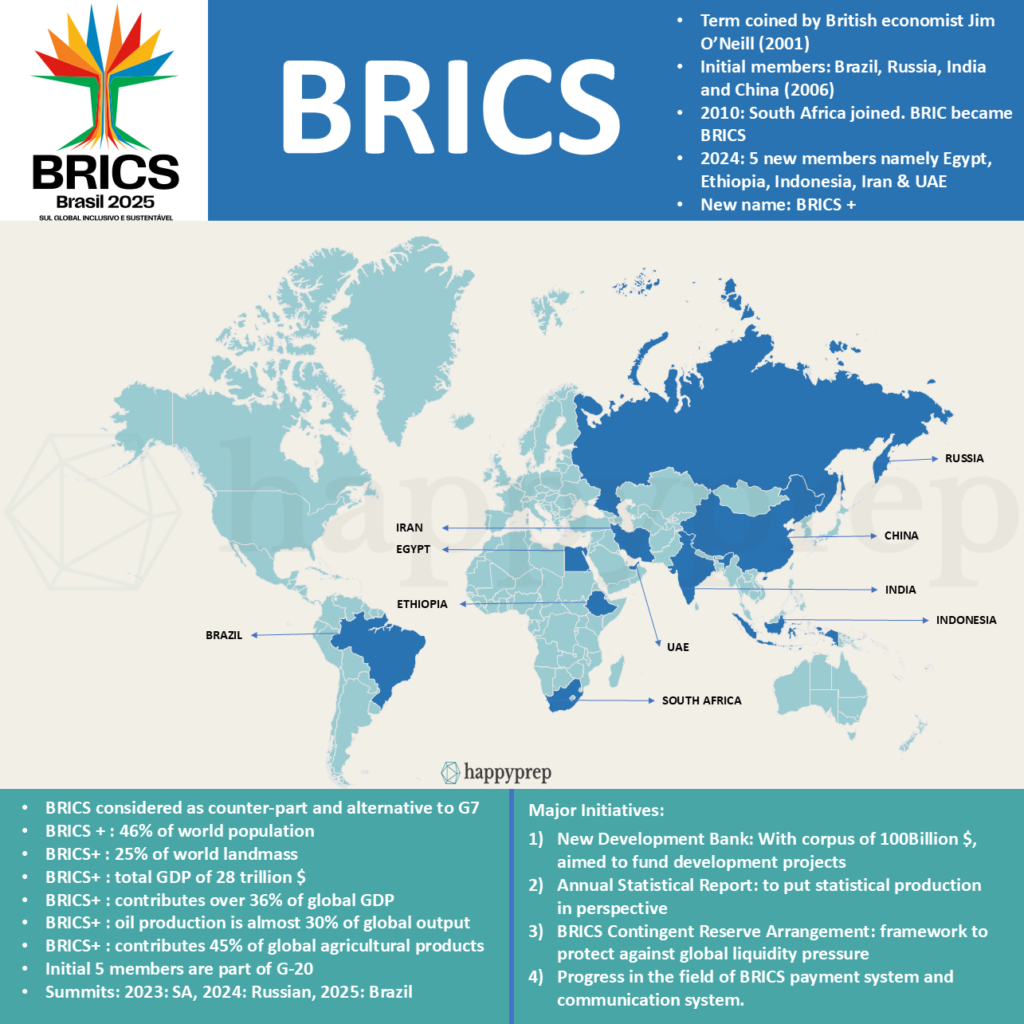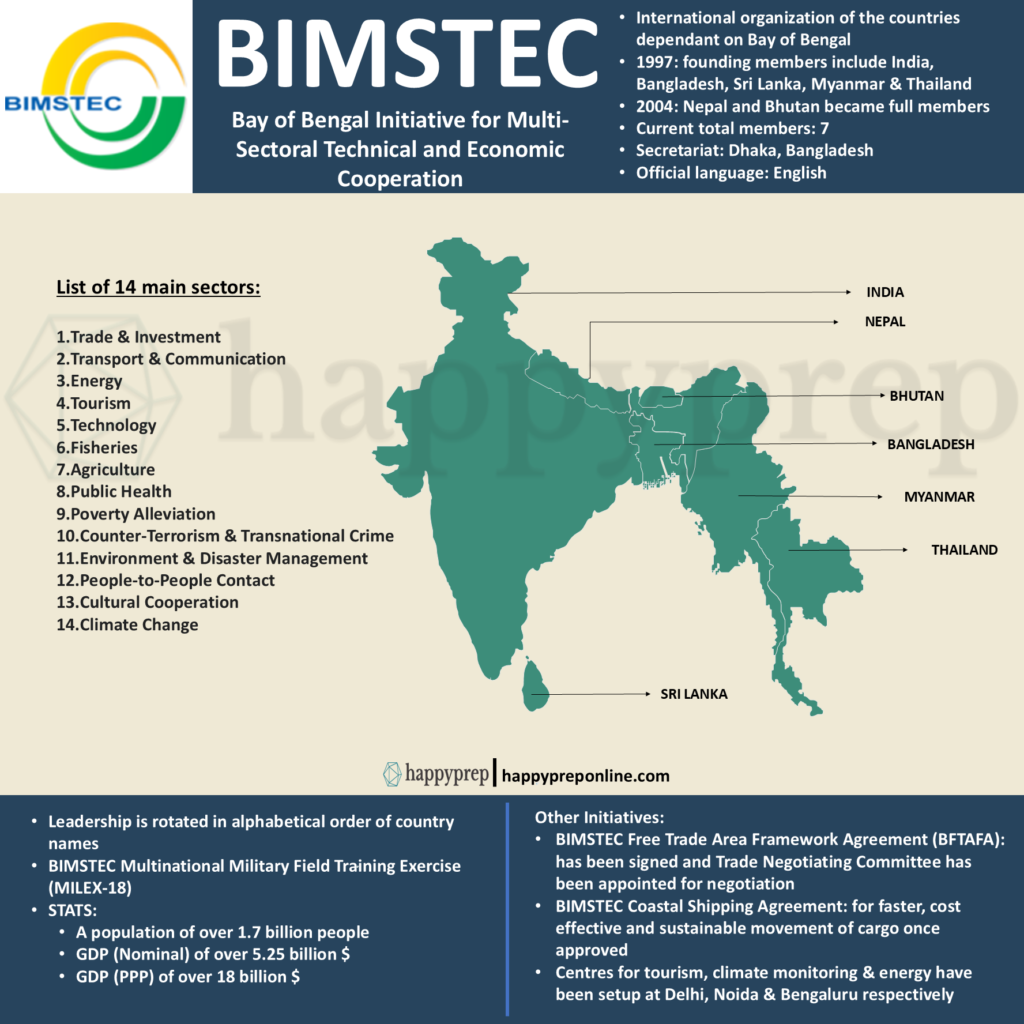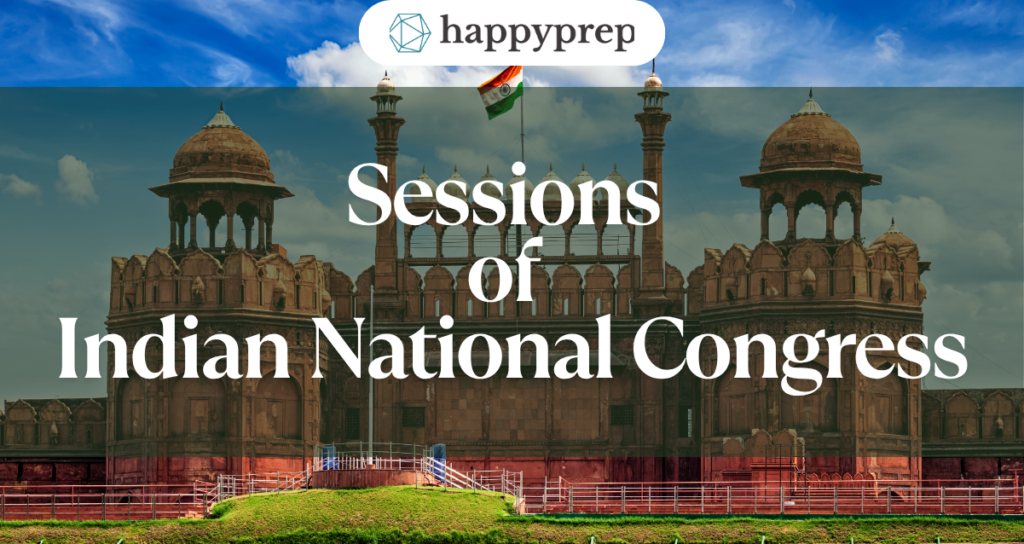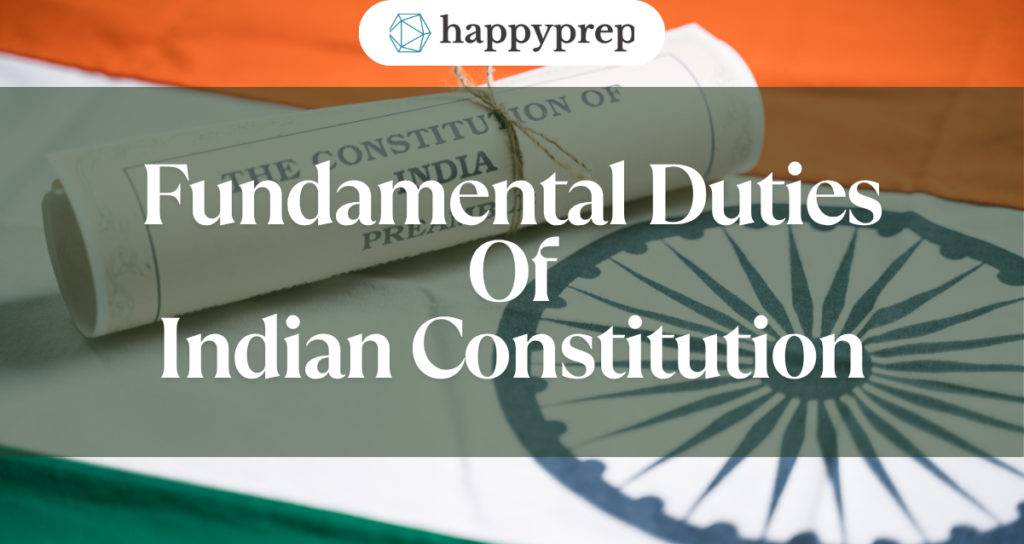Shanghai Cooperation Organization (SCO): Origin, Members, Facts, etc for UPSC and other exams
Shanghai Cooperation Organization (SCO) Shanghai Cooperation Organization (SCO) SCO stands for Shanghai Cooperation Organisation. It is a political, economic, and security alliance founded to promote regional cooperation and stability. Permanent intergovernmental international organization established in 2001. Members Shanghai Five included Russia, China, Kazakhstan. Kyrgyzstan and Tajikistan New members: Uzbekistan (2001), India (2017), Pakistan(2017), Iran (2023), Belarus(2024) Two […]
